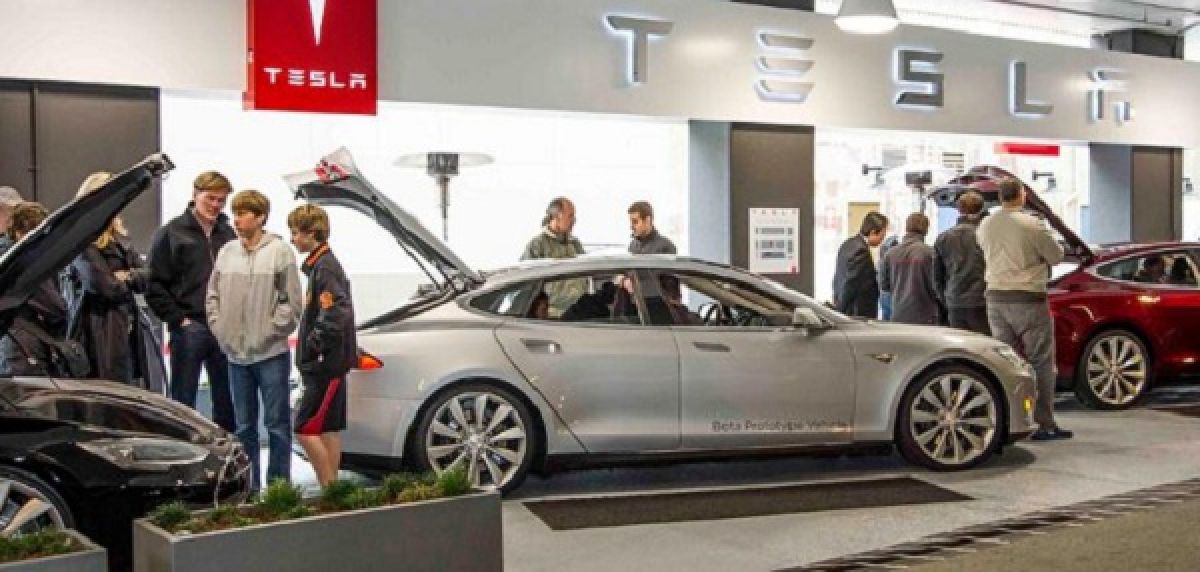The Tesla Model S is a great car that, despite some resistance, has sold very well in the United States through its first year and a half of scaled production. Tesla has their sights set globally, however; the company has made China and Europe a big part of its plans and expects to be selling twice as many vehicles in those markets as in North America by the end of this year. So far in 2014, two countries stand out for their extraordinarily high and unexpectedly low sales.
I am talking of course about Norway and Germany. Norway, a small country with policies and incentives that are very kind to electric cars, has gobbled up Model S at rates like no other nation. It doesn’t hurt that 90% of the population lives within range of one of the six Supercharging stations installed within Norwegian borders.
March sales data for Norway arrived with a bang, as Tesla sold a whopping 1,493 vehicles last month courtesy of InsideEVs. To put that number in perspective, the Tesla Model S was the best-selling car in the entire country by a not-even-close margin; it doubled sales of the next-closest competitor, the VW Golf, and represented nearly 11% of all new vehicle sales in the country in March.
On the other end of the sales spectrum is Germany. Tesla has been optimistic about Germany, with grand plans to expand the Supercharger network and number of service centers in the country. It even offers a free high-speed Autobahn tuning for German buyers. However, Model S hasn’t exactly been greeted with abundant enthusiasm. Tesla only sold 96 copies of Model S through January and February this year, continuing a trend of subpar sales numbers dating back to its German introduction last fall.
So far, Tesla’s European foray has produced a mixed bag. The impressive sales in Norway are likely unsustainable, but will at least provide a nice boost to the company’s Q1 numbers. The sluggish sales in Germany could be due to several factors; logistical constraints may still be affecting deliveries, and Model S might just need more time to win over the skeptical German car lovers while Tesla rolls out its Supercharger network.
Sales in Germany won’t remain this low all year, but sales in Norway likely won’t remain as high either. It will be interesting to follow Tesla’s expansion into the European and Chinese markets, so stay tuned for updates.





